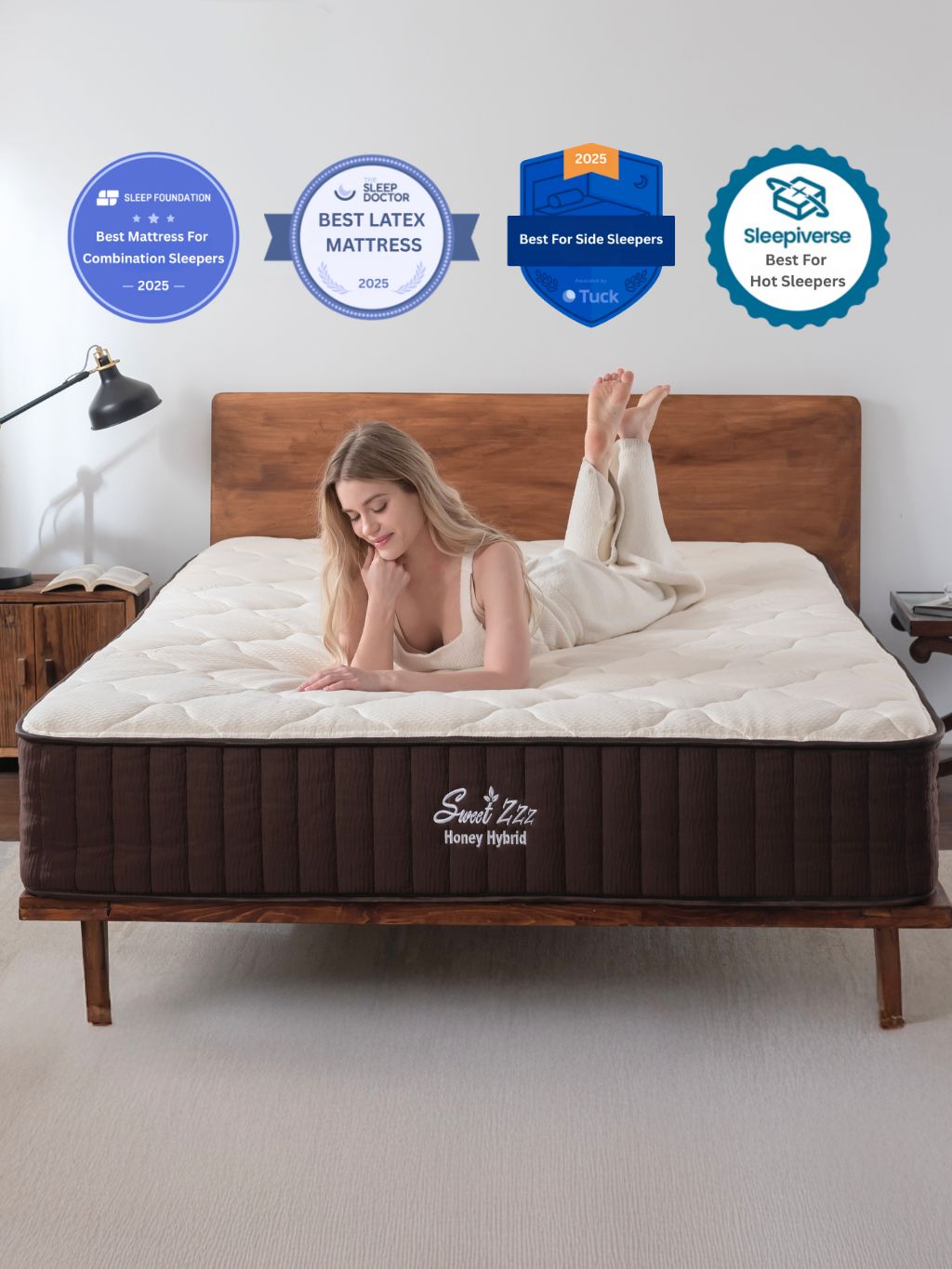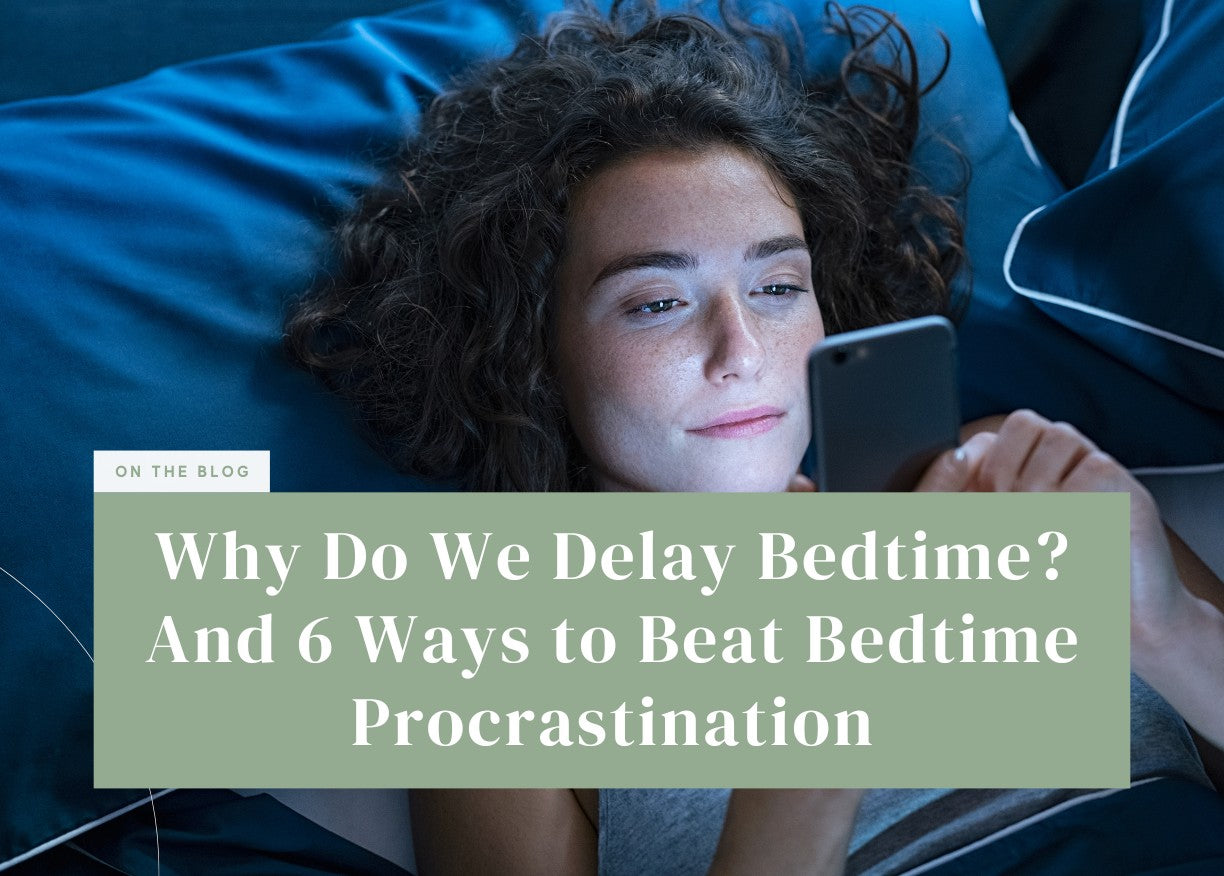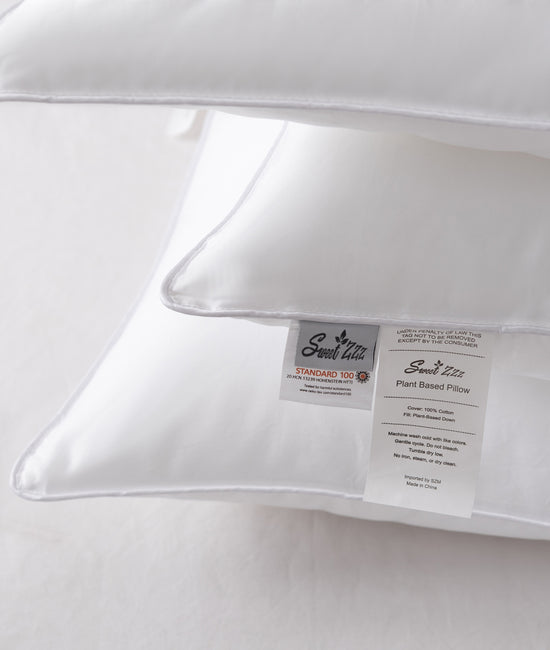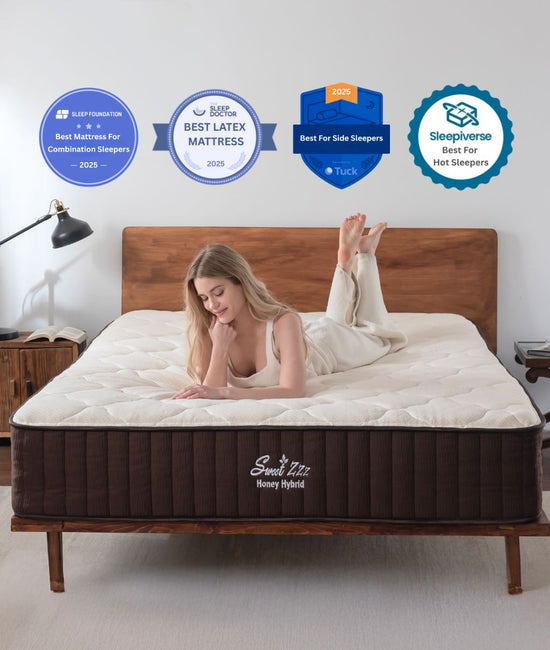Do Breathing Exercises Really Work? The Surprising Science Behind Your Breath
You’ve probably heard it before:
“Just breathe.”
Maybe it was during a moment of stress, before bed, or while trying to fall asleep at 2 a.m.
But let’s be honest—it often feels a little too simple.
Can breathing exercises really make a difference? Or is it just wellness fluff?
Science says: they work. And in ways that might surprise you.
Why Breath Is the Remote Control for Your Nervous System

Your breath is the only function in your body that’s both automatic and controllable.
That means it’s always running in the background—but when you consciously change it, you can directly influence your nervous system.
Slow, intentional breathing activates your parasympathetic nervous system—the one responsible for rest, digestion, and calming down. It lowers your heart rate, reduces cortisol, and signals to your brain: you’re safe now.
In other words: you can’t always control your thoughts or feelings, but you can control your breath—and your breath can control the rest.
The Science Is Clear (And Growing)

Multiple studies have shown that slow, deep breathing can:
-
Reduce anxiety and stress (Harvard Health)
-
Lower blood pressure
-
Improve heart rate variability (a key marker of resilience)
-
Help people fall asleep faster and stay asleep longer
-
Even reduce chronic pain and improve digestion
It’s not just placebo—it’s physiological regulation, and it’s free, portable, and immediate.
The Best Breathing Exercises for Sleep
If your mind races at night or your body refuses to unwind, try one of these:
1. Box Breathing (Calms a Busy Brain)

Used by Navy SEALs for focus under pressure.
How to do it:
-
Inhale for 4 seconds
-
Hold for 4 seconds
-
Exhale for 4 seconds
-
Hold for 4 seconds
Repeat for 4–5 minutes.
2. 4-7-8 Breathing (Naturally Induces Sleepiness)

Created by Dr. Andrew Weil, this technique helps trigger a sedative effect.
How to do it:
-
Inhale through your nose for 4 seconds
-
Hold for 7 seconds
-
Exhale slowly through your mouth for 8 seconds
Repeat for 4–6 rounds.
3. Coherent Breathing (Regulates Heart and Mind)

Best for those who find counting stressful.
How to do it:
-
Breathe in for 6 seconds
-
Breathe out for 6 seconds
-
Focus on smooth, continuous breaths
Use soft music or a breathing app if needed.
Do These Exercises Really Help You Sleep?

Yes—especially when combined with the right sleep environment.
Breathing slows your system down. But if you’re lying on a bed that’s too firm, wrapped in hot sheets, or waking up to adjust your pillow every hour, your body will stay alert—even if your breath says relax.
🌿 That’s why at Sweet Zzz, we design products to work with your breath—not against it. The Honey Hybrid Organic Mattress supports natural spinal alignment, helping your body fully relax. Our plant-based pillow keeps your neck in the right position for smooth breathing. And our bamboo sheets keep you cool—because overheating is the fastest way to undo all your hard work.
Final Thoughts: Simple Doesn’t Mean Weak
Breathing may seem basic—but it’s also powerful.
It’s your body’s built-in off-switch. Your natural sleep aid. Your internal therapist.
And the best part? You can use it anytime, anywhere.
So tonight, before you reach for another sleep app, melatonin gummy, or scroll…
Try something simpler: breathe.







